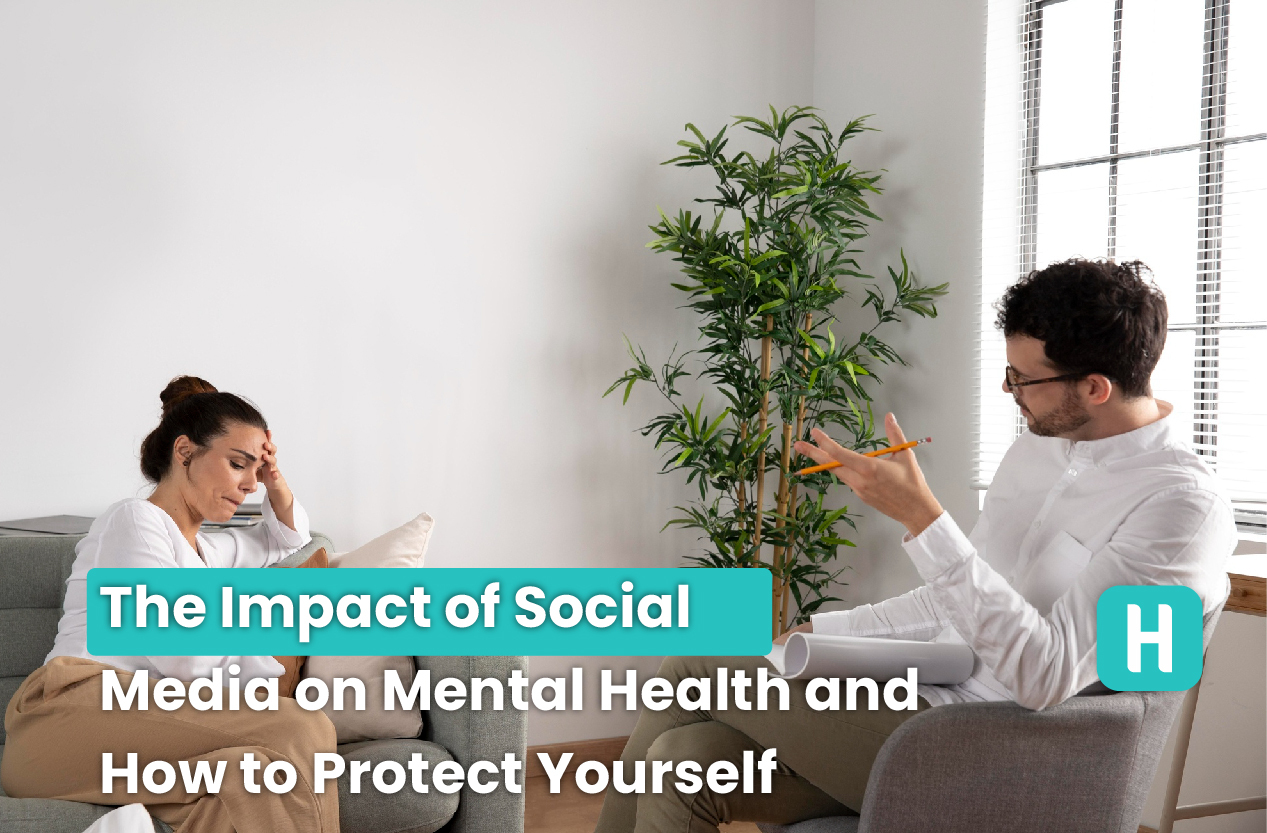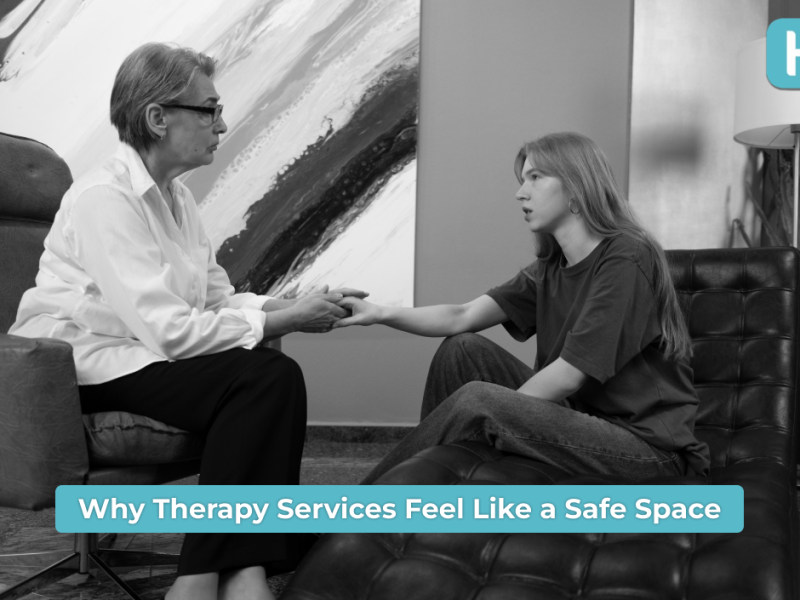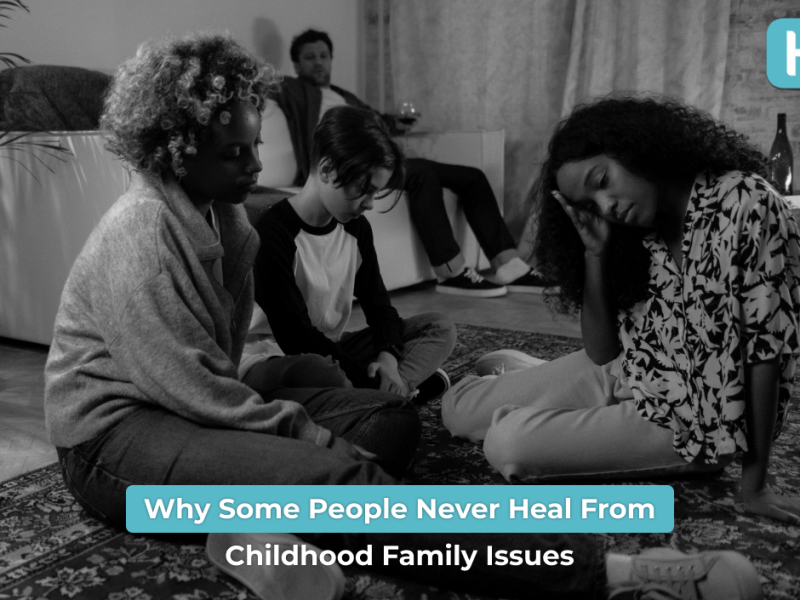The impact of social media on mental health of an individual’s sanity ultimately can be weighing, either with the endless scrolling, the constant comparison, or the pressure just to be “on.” No escaping this negative social media imprint in your life. In fact, if you are reading this, then you have tried all possibilities and have failed to avoid the stress that accompanies social media.
But you will discover something that truly keeps your mental health in place while allowing you to fully engage with social media without that nagging fear of anxiety related to it.
Dark Side of Social Media: How Excessive Use Affects Mental Health
Although it can be a connecting medium, it is a double-edged sword. The more engrossed we are in socializing on Facebook, Instagram, Twitter, and TikTok, the more we open ourselves to their negative influence on our mental health; it’s a steep price to pay-from feelings of inadequacy to social media anxiety.
The effects of social media are now glaringly evident. Studies show that excessive use of social media can lead to depression, social anxiety, and lowered self-esteem. And when we scroll past those presumably curated posts, we tend to compare our real lives with the idealized ones projected on the screens, leaving us to feel either inadequate or disconnected from reality.
Social media anxiety is now setting in as another great concern. The pressure to keep posting, be it anything that entertains, or win likes and comments in validation, can raise unhealthy anxieties among individuals. The longer we keep engaging with these platforms, the more we expose ourselves to the risk of developing unhealthy behavior patterns.
Why Most Solutions Don’t Work
Now, you’ve probably heard all sorts of advice about dealing with the effects of social media. “Just take a break,” they say. Or, “You need to spend less time on your phone.” But much of this doesn’t quite work for some people.
Why? Because social media on mental health is a growing concern, and it’s integrated very deeply into our daily lives. For many people, it’s not just killing time; it’s either how you get work done, keep in touch with friends and family, or even end up working your whole career with it. You may as well tell the whole world to stop using screens because for most people, that would be impractical.
Simply avoiding social media doesn’t get to the core of the issue as to why it affects mental health in the first place. Instead, the key is finding balance and setting up good boundaries, whereby someone can still enjoy the positive aspects while being mindful of the impact of social media on mental health.
Game-Changing Solution
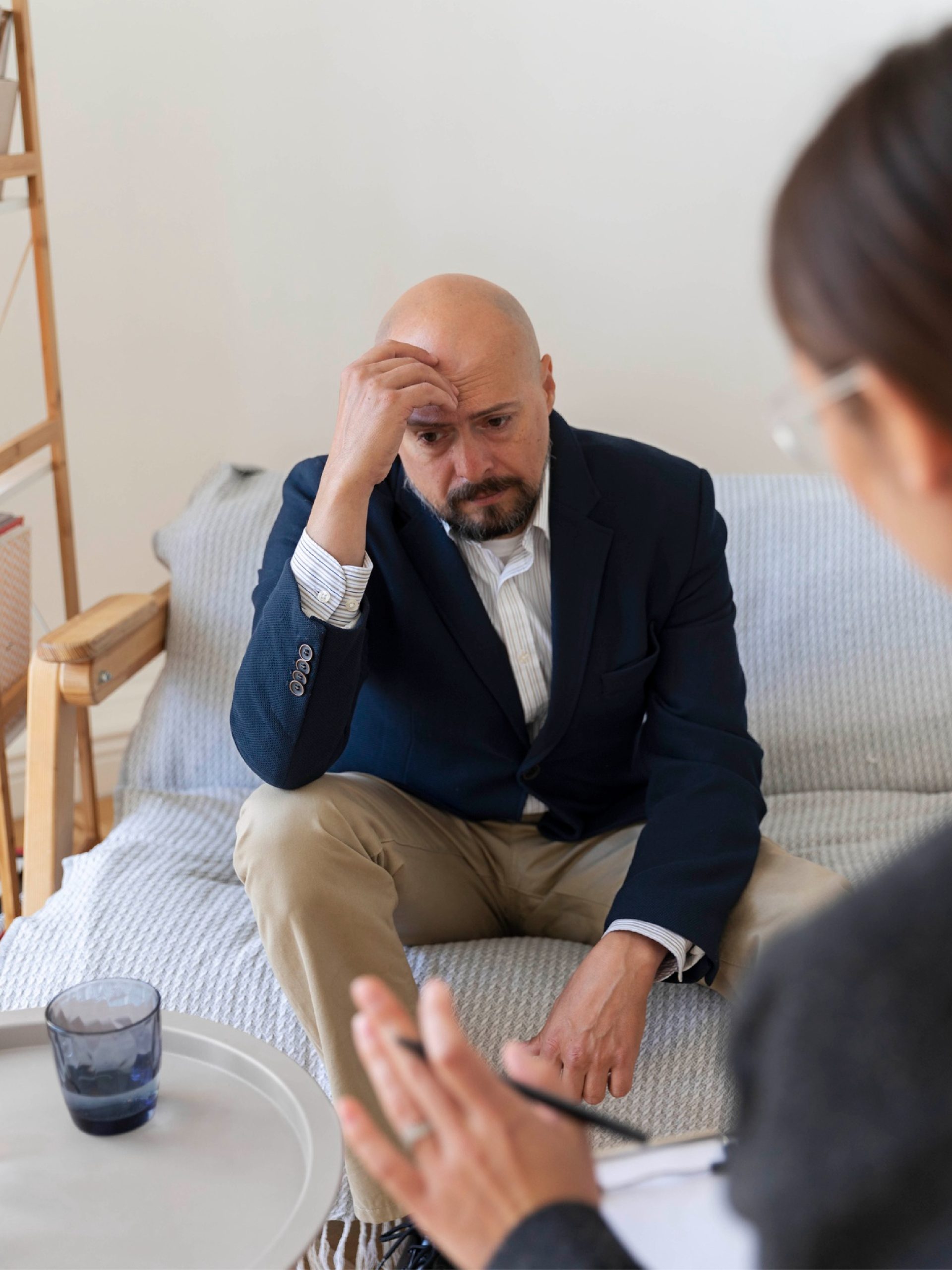
So, what truly is the solution-for dealing with social media on mental health? The answer is not about cutting off social media completely or pretending that it is not part of your life; it is about having your boundaries and changing your approach to interacting with social media.
Here’s how you can take charge:
- Curate Your Feed: First of all, stop following any account that makes you feel bad about yourself: whether it be people posting unrealistic body images or influencers making you feel less successful. It is essential for your mental health to curate your feed to include accounts that will only provide you positivity or knowledge. Follow accounts that inspire, motivate, or amuse you.
- Set Time Limits: Social media can become a vortex for wasting time, scrolling for hours almost unaware. Use, however, built-in features from most platforms or apps you can get to limit your time on social media. Setting limits would help alleviate some of the negativity that social media could bring into your life.
- Turn Off Notifications: Stress comes from all those constant notifications. New message, new like, new mention-basically, your phone keeps pinging and buzzing, making you feel “on” at all times. By turning off notifications or at least customizing them to only notify you for important things, you can exist without paralyzing social media anxiety holding you back.
- Practice Mindfulness: It is important to be mindful of how you feel when using social media. If you start feeling anxious or unhappy, drop everything and go do something that makes you feel good: meditate, take a walk, or talk to someone. Mindfulness will let you control your emotions.
- Engage in Real-Life Interactions: Online friendships are easy to get into, but they are limited in depth and fulfillment compared to contact with real, live human beings. Spend time hanging out with friends, or join a club, or get involved in activities that keep you grounded. Real-world interactions are crucial for mental health.
What Customers Are Saying
But here is what those people have shared who have implemented these changes:
“It used to keep me on social media for hours together, comparing myself to others…it drained me and made me really insecure…but now that I have curated my feed and set limits, I feel so much better and it’s as if I’m in control now rather than being controlled by social media.” – Sarah L.
“I have battled social media anxiety for years now..it’s all about the pressure on posting and literally keeping up with everyone’s lives – a bit much, really. But with turning off notifications and starting to use social media in a more mindful way, it suddenly decreased my anxiety. Really works!” – Mike R.
“Curate your feed and that has changed everything. I now follow only those accounts that lead me to positivity and motivation without any comparison pressure with others. Social media seems more beautiful to me now.” – Emily W.
Ways to Get Started with Protecting Your Mental Health from Social Media
It is easy, but you will need to keep it going. This is how to start:
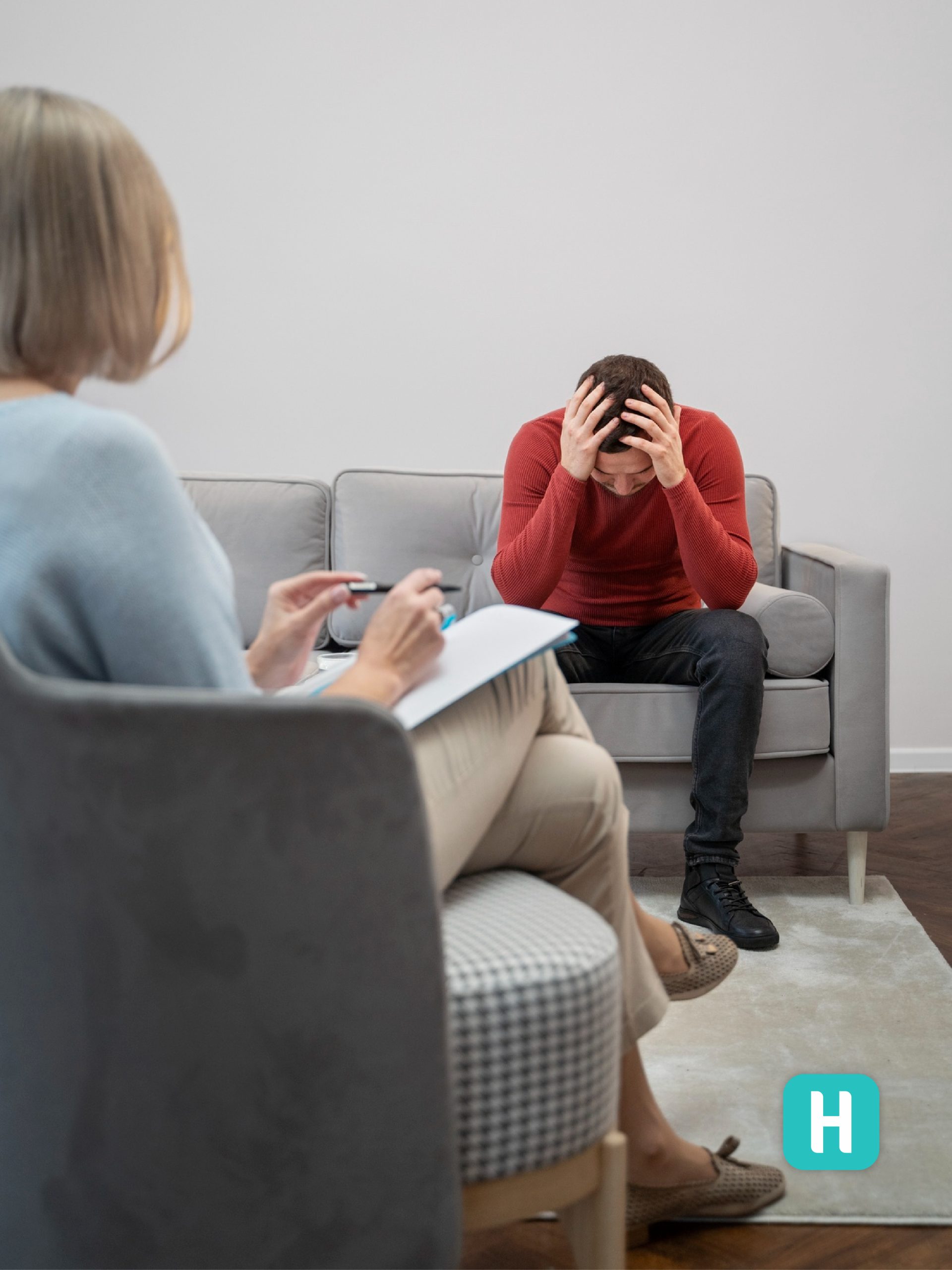
Evaluate Your Current Social Media Habits:
You need to observe your social media habits for a few days. How often do you check your phone? Do you feel good or bad when you engage with social media? Understanding where you are is the first step toward making any real change.
Set Small, Achievable Goals:
Start with one small thing. For example, unfollowing accounts that bring about negative feelings or limiting your screen time for 15 minutes. These little changes can really add up over time, and they are way easier to stick to than an overnight change.
Check-in with Yourself:
Maintain a self-check to see how you’re feeling. Have you ended up feeling stressed after scrolling? Then take a break. Are you in comparison mode? Remember that social media is just one piece of life.
Incorporate Other Activities:
Consider pairing social media use with other offline healthy mental habits, such as exercise, reading, socializing with friends and family, etc. These will help lessen the detrimental effects of social media.
Additional Pointers for Achieving Long-Term Success
- Limit Social Media Before Bed: Avoid looking at social media for at least one hour before sleep. The blue light emitted by the screens can hinder your sleep, and the information you take in can affect your mood as you try to relax.
- Join Supportive Communities: Instead of wasting time on accounts that make you feel anxious, consider seeking online communities to offer support, teach you something, or share interests with you. The social interaction that comes along with being with people of like or similar minds can be a very positive and enriching experience.
- Practice Self-Compassion: If you slip and spend too much time on social media, don’t be hard on yourself instead. Recognize it, and call it a setback, and move on the next day.
Take Back Control: Simple Steps to Protect Your Mental Health on Social Media
Tired of feeling stressed or anxious from social media? It’s time to take control of your mental health. Try curating your feed, setting boundaries, and practicing mindfulness today. You deserve to have a positive experience online. Start your journey now and protect your mental well-being!
How Helply Can Help?
Helply provides consultations with experts and personal prescriptions toward developing healthy coping mechanisms, boundary setting, and creating a healthy online presence. Whether it’s that you are unable to connect with the pressure or just feel like you cannot balance with your screen time: Helply will give you the needed help in gaining back control over your mental health and improving your social media habits.
Take the first step towards better mental health today—contact Helply and start
building a healthier relationship with social media!
FAQs
1. What is the impact of social media on mental health?
Social media can lead to anxiety, depression, and low self-esteem due to comparison, unrealistic expectations, and constant validation-seeking.
2. What is social media anxiety?
Social media anxiety is the stress or discomfort caused by the pressure to stay connected, post regularly, or seek validation online.
3. How can I reduce the negative effects of social media?
You can reduce the effects by curating your feed, setting time limits, turning off notifications, practicing mindfulness, and prioritizing real-life connections.
4. Can Helply help me with social media anxiety?
Yes, Helply offers personalized mental health support to help you manage social media anxiety and develop healthier habits for better well-being.
5. How can I get started with Helply?
Simply reach out to Helply for a consultation, and start working on strategies to improve your mental health and social media habits.
